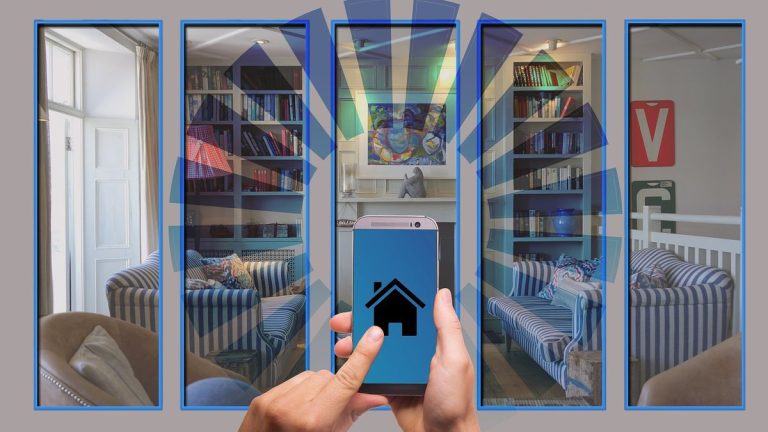A new Microsoft patent reveals that the company is working on developing an autonomous smart home system for Windows devices.
According to tech news site Windows Report, this “multi-device cross-experience” will be made possible by artificial intelligence. Connected hardware will be able to communicate with each other through “advertising,” eliminating the need for direct user input. By “advertising,” we don't mean literal commercials, but rather signals. Gadgets on the system will constantly communicate with each other and trigger actions when conditions are met. For example, an electric car could send a notification to the owner's smartphone or laptop to let them know that the door was left open, or a call could be forwarded from one device to another.
Incidentally, I'm not sure why these transmissions are called ads – perhaps Microsoft is conjuring up advertising images of information bits constantly raining down on the peripherals of this proposed smart home network.
Smart design
Such technology already exists in some form: As Windows Report points out, Microsoft's system works similarly to Qualcomm's Snapdragon Seamless and Samsung Galaxy Connected, two cross-platform networks that allow connected devices to seamlessly “discover each other and share information,” hence the name.
The main difference with Microsoft's version is that the aforementioned AI will allow the system to “intelligently decide when to act.” The patent explains that the AI will enable network gadgets to send the user appropriate notifications depending on the situation. It will also be able to determine if another device is needed for the scenario. Additionally, a variety of connectivity standards will be supported, including but not limited to Bluetooth, NFC, Wi-Fi, cellular signals, and even “cloud connectivity.”
All of this has one big flaw: the patent authors say the system requires a huge amount of power to function: the devices are constantly transmitting signals on the network, which quickly drains their batteries when connected.
What's next?
It's unclear when Microsoft's autonomous smart home system will be released, or even if it will be released at all. The technology appears to still be in its early stages, but Windows Reports believes it could be coming soon. The publication claims that the recent announcement of Copilot and the company's declaration of 2024 as the year of AI are signs of things to come. It also points to rumors that Windows 12 will come with “breakthrough AI.”
In our opinion, the new network won't be around for a while, assuming it even exists. The presence of a US patent suggests that Microsoft is interested in the project, but many patents never see the light of day as a commercial product. Additionally, while the document provides multiple examples of how the system would work, it doesn't explain exactly how it would work.
If you're interested in seeing what Microsoft has planned, you can read the patent for free on the official United States Patent and Trademark Office website, but be warned, it's pretty dense.
If you're looking to smarten up your home, check out TechRadar's list of the best smart home devices for 2024.

